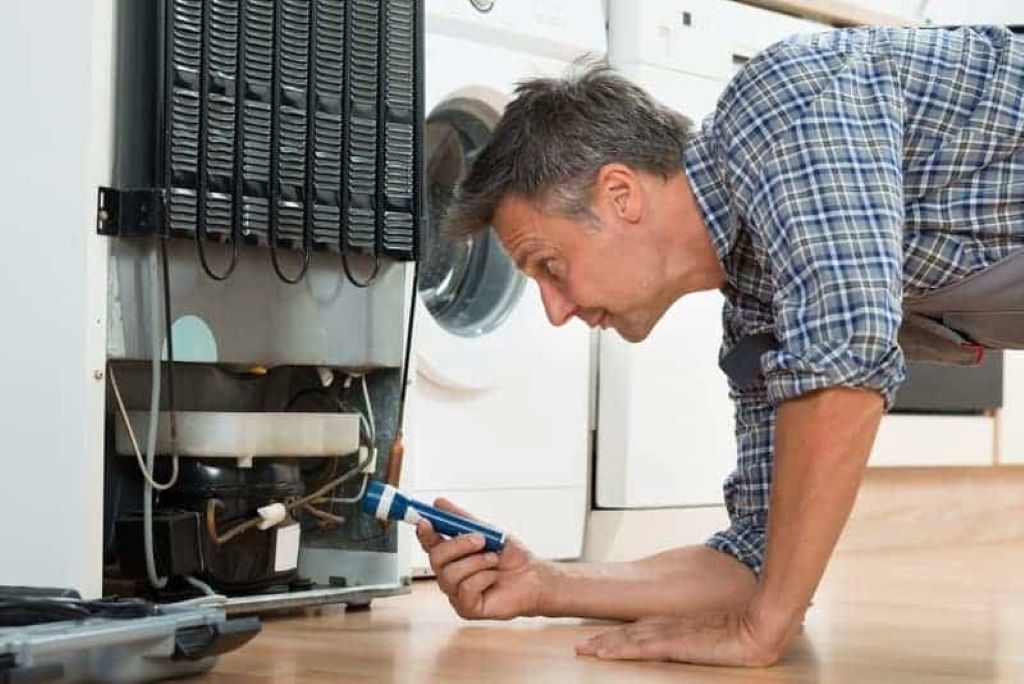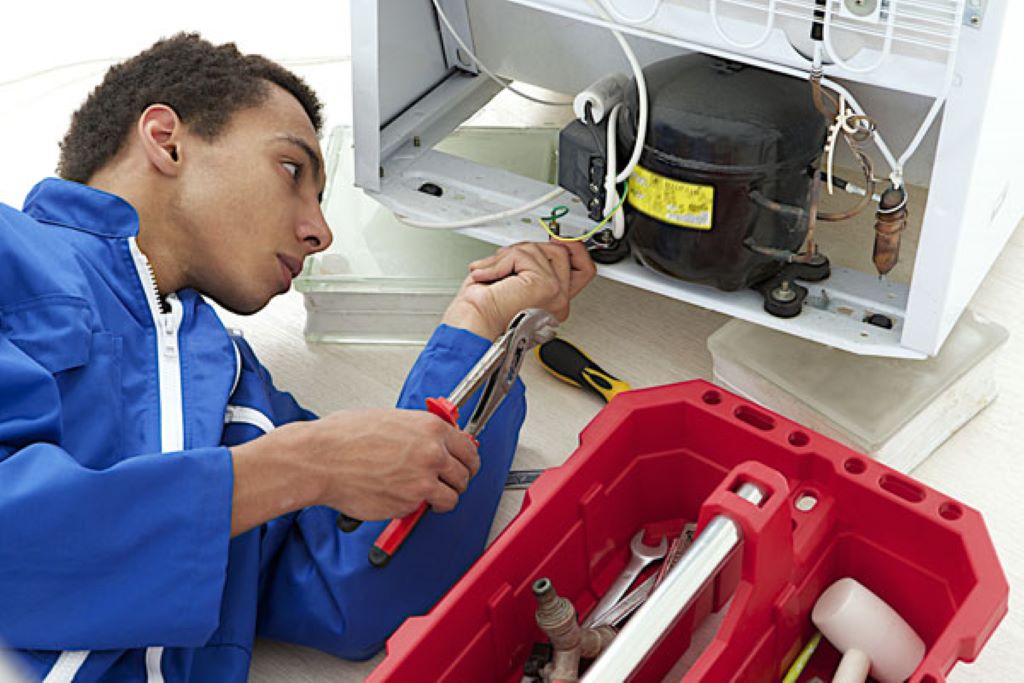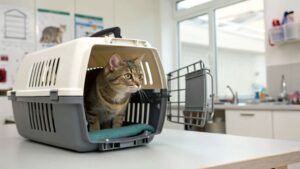Why Is My Compressor Hot But Not Cooling My Fridge?

If you’ve observed that your refrigerator’s compressor is generating excess heat but isn’t effectively cooling your fridge, this situation can be quite concerning. Your refrigerator depends on the proper functioning of the compressor to circulate refrigerant and uphold the desired temperature inside. When the compressor struggles to adequately cool the fridge, various factors might be contributing to the problem. In this article, we’ll delve into some frequent causes of a heated compressor and provide troubleshooting steps to address the issue. Additionally, we’ll touch upon ways to preserve food without refrigeration to offer a comprehensive perspective on the matter.
Insufficient Airflow
One possible reason for a hot compressor is insufficient airflow around it. The compressor generates heat as it works to cool the refrigerant. If the surrounding area is not well-ventilated or if there are obstructions blocking the airflow, the compressor can overheat. Make sure that there is enough space around the compressor for proper ventilation. Remove any objects that might be blocking the airflow, such as dust, debris, or stored items. Find out how do you fix a warm fridge and cold freezer.
Dirty Condenser Coils
Another common culprit behind a hot compressor is dirty condenser coils. Over time, the condenser coils can accumulate dust, pet hair, and other debris, hindering their ability to release heat efficiently. This puts additional strain on the compressor, leading to overheating. Regularly cleaning the condenser coils can help prevent this issue. Refer to your refrigerator’s user manual for instructions on how to access and clean the coils properly.
Malfunctioning Condenser Fan
The condenser fan plays a crucial role in dissipating heat from the condenser coils. If the fan is not functioning properly or has stopped working altogether, it can result in a hot compressor. Check if the condenser fan is running when the refrigerator is on. If it’s not spinning or if it’s making unusual noises, it may need to be replaced. Consult a professional technician to diagnose the problem and carry out the necessary repairs.
Low Refrigerant Levels
Refrigerant is responsible for absorbing heat from inside the fridge and releasing it through the condenser coils. If the refrigerant levels are low, the compressor has to work harder to achieve the desired cooling effect, leading to increased heat production. Low refrigerant levels can be caused by leaks or a faulty refrigerant system. In such cases, it’s best to contact a qualified technician to inspect and repair the system.
Faulty Compressor
A faulty compressor itself can be the root cause of the problem. If the compressor is not functioning correctly, it may struggle to cool the refrigerator, resulting in excessive heat buildup. Unfortunately, repairing or replacing a compressor is a complex task that requires professional expertise. If you suspect a faulty compressor, it’s advisable to seek assistance from a trained technician to diagnose and address the issue.
Overloading the Fridge
Overloading your refrigerator with too many items can strain the compressor and affect its cooling performance. When there are too many products stored inside, the fridge has to work harder to maintain the desired temperature, leading to increased heat generation. To prevent this, ensure that you don’t overload your fridge and try to maintain proper spacing between items for adequate airflow.
Ambient Temperature
The ambient temperature of the room where your refrigerator is located can also impact its cooling efficiency. If the room temperature is too high, the compressor will have to work harder to cool the fridge. This can result in a hot compressor and compromised cooling. Consider moving the refrigerator to a cooler area or using additional cooling aids like fans or air conditioners to help maintain an optimal temperature for the appliance.
Conclusion
When your compressor is hot but your fridge is not cooling properly, it’s essential to address the issue promptly to prevent further damage and food spoilage. In this article, we discussed some common causes for a hot compressor, including insufficient airflow, dirty condenser coils, malfunctioning condenser fan, low refrigerant levels, faulty compressor, overloading the fridge, and ambient temperature. By understanding these potential causes, you can take the necessary steps to troubleshoot the problem or seek professional assistance to get your fridge back to optimal cooling performance.
FAQs (Frequently Asked Questions)
Q: Can I clean the condenser coils myself?
A: Yes, you can clean the condenser coils yourself by following the manufacturer’s instructions. However, if you’re unsure or uncomfortable doing it, it’s best to hire a professional.
Q: How often should I clean the condenser coils?
A: It’s recommended to clean the condenser coils at least once or twice a year, depending on your usage and the environment in which the refrigerator is located.
Q: Is it normal for the compressor to be warm to the touch?
A: Yes, it’s normal for the compressor to feel warm. However, if it’s excessively hot or emitting a burning smell, it indicates a potential problem.
Q: Can a faulty compressor be repaired, or does it need replacement?
A: Depending on the extent of the damage, a faulty compressor can sometimes be repaired. However, in most cases, replacement is necessary.
Q: How can I prevent overloading my fridge?
A: To prevent overloading, organize your fridge efficiently, discard expired items, and avoid placing hot or warm food directly into the refrigerator.









